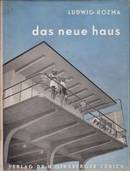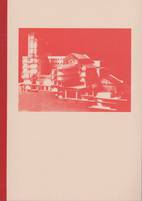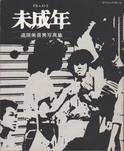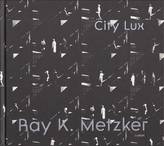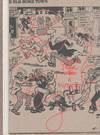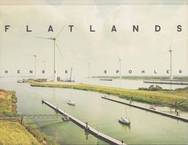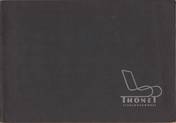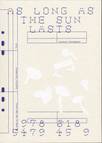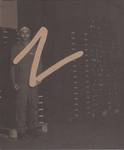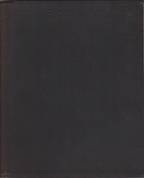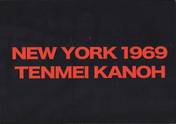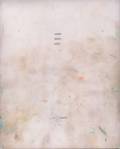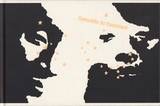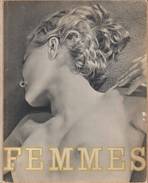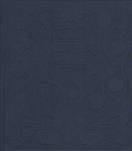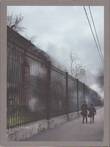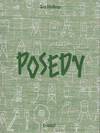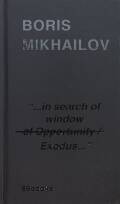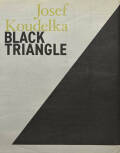Lauren Marsolier - Transition, Kerber Verlag, 2014, Bielefeld/Berlin

Lauren Marsolier - Transition (Front)

Lauren Marsolier - Transition (Spine)
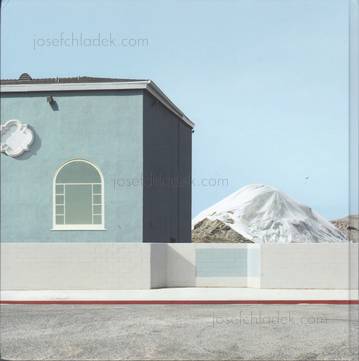
Lauren Marsolier - Transition (Back)

Sample page 1 for book " Lauren Marsolier – Transition", josefchladek.com

Sample page 2 for book " Lauren Marsolier – Transition", josefchladek.com

Sample page 3 for book " Lauren Marsolier – Transition", josefchladek.com

Sample page 4 for book " Lauren Marsolier – Transition", josefchladek.com

Sample page 5 for book " Lauren Marsolier – Transition", josefchladek.com

Sample page 6 for book " Lauren Marsolier – Transition", josefchladek.com

Sample page 7 for book " Lauren Marsolier – Transition", josefchladek.com
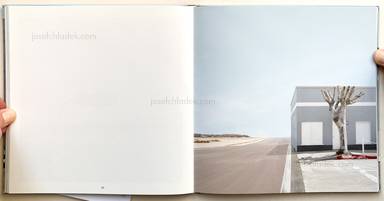
Sample page 8 for book " Lauren Marsolier – Transition", josefchladek.com

Sample page 9 for book " Lauren Marsolier – Transition", josefchladek.com

Sample page 10 for book " Lauren Marsolier – Transition", josefchladek.com

Sample page 11 for book " Lauren Marsolier – Transition", josefchladek.com

Sample page 12 for book " Lauren Marsolier – Transition", josefchladek.com

Sample page 13 for book " Lauren Marsolier – Transition", josefchladek.com
Other books tagged French (see all)



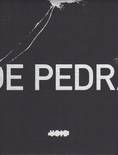
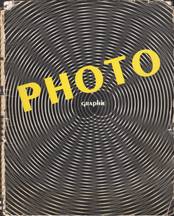




Other books tagged Landscape (see all)









Other books by Kerber Verlag (see all)
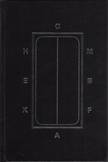
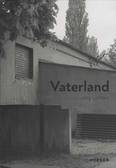



Books to shop at placartphoto.com
Hardcover, design by Lauren Marsolier, text by W.M. Hunt, Stefan Mattessich.
"Lauren Marsolier creates spaces that are convincingly real using multiple photographs, unrelated fragments of the outside world collected over time in a variety of locations. Months or years often separate the capture of elements juxtaposed in her landscapes. Her photomontages are conceived using a personal photo library, following a process that is not unlike the way many painters make sketches at different locations and later combine them in a painting.
Her work probes the mental process of transition, a particular phase when our parameters of perception shift, when we suddenly don't see ourselves, our environment, or our life quite the same way we used to. These transitional periods often feel like being in a place we know but can't quite identify. As we try to adjust to a post-modern society marked by speed and the implosion of boundaries between image and referent, appearance and reality, we repeatedly get this feeling of disorientation and dissonance. We have been introduced to a new stage of abstraction, a dematerialization in which images and signs take on a life of their own, divorced from our former notions of the real. The loss of concrete connections to the objects of our senses creates a void within us, but it also unleashes a flow of new and elusive perceptions. Giving them the visual characteristics of a landscape is her way to explore them.
Located somewhere between fiction and reality, her images represent a mental landscape affected by a world of constant change. They show an unreality become manifest, transitional non-places where human action and inhabitation are recorded in strange antitheses of nature and artifice, or, better still, artificial nature and natural artifice."
Pages: 80
Place: Bielefeld/Berlin
Year: 2014
Publisher: Kerber Verlag
Size: 24 x 24 cm (approx.)
